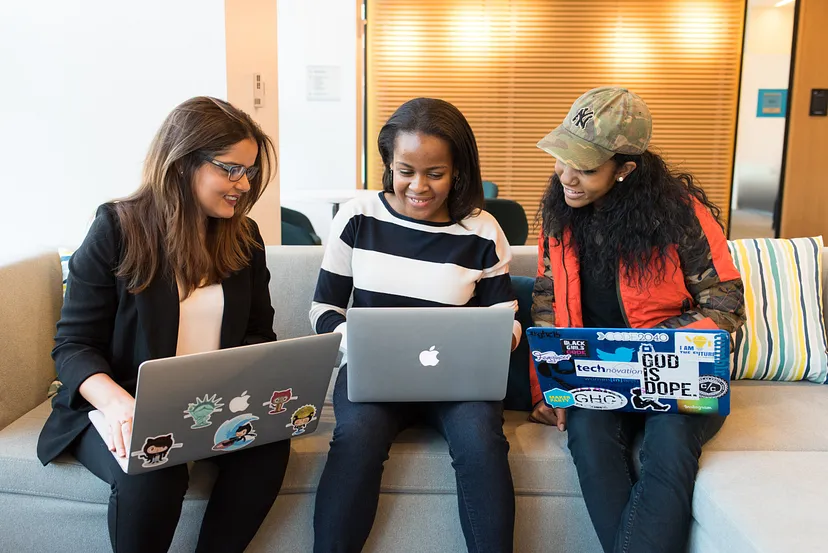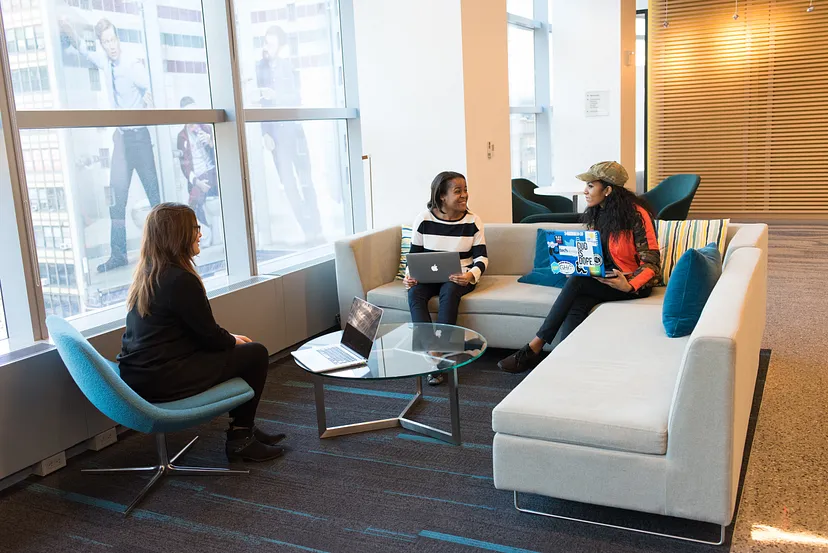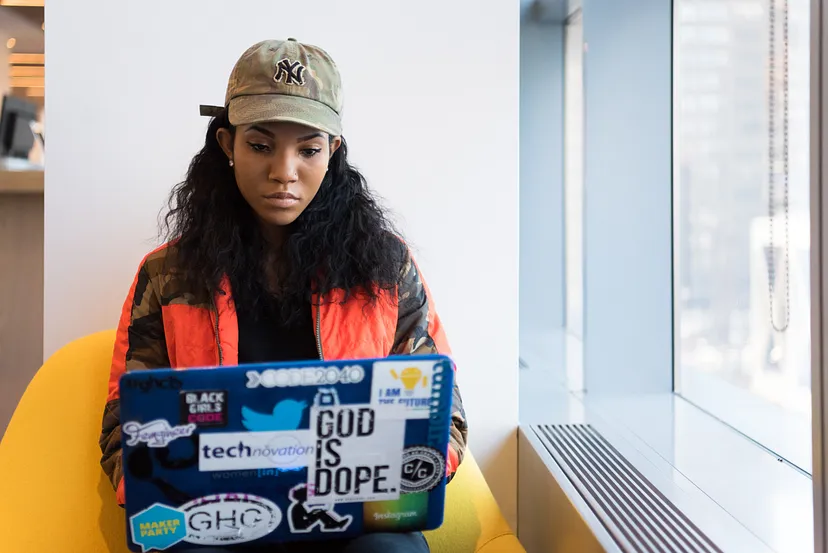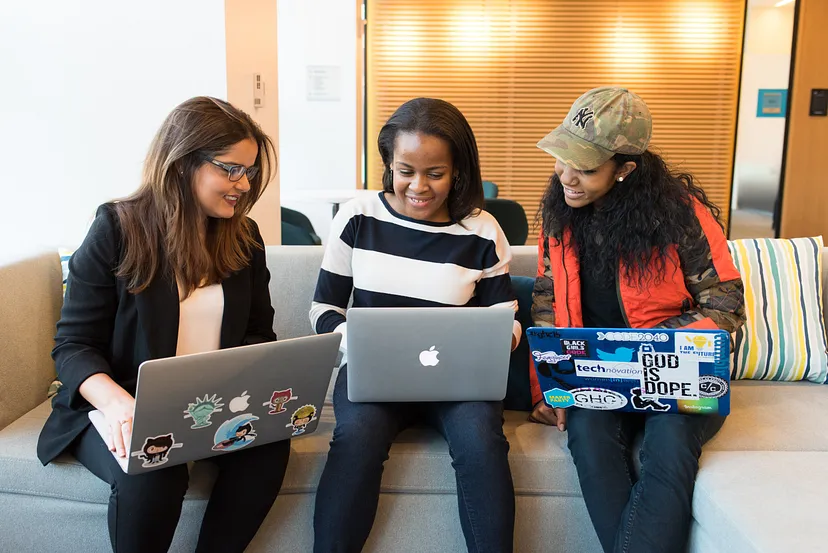
Since 2016, Project Diane — digitalundivided’s groundbreaking report on how Latina and Black women founders fare within fundraising - has helped scape the startup space with its profound findings. The organization’s 2022 Project Diane report maintains this feat and marks the historical impact of the research in creating pathways of opportunity for Latina and Black women founders.
The original Project Diane report, released over seven years ago, was an industry-wide, eye-opening moment for startups, investors, government, media, and founders alike. It broke open a national conversation on the lack of funding for Latina and Black women founders within the space and sparked dialogue and action on what needed to change. Since then, the biennial Project Diane report has been a cornerstone of insight toward equality.
Here are the four ways Project Diane has created herstory for Latina and Black women entrepreneurs.

1. Project Diane shattered stereotypes around tech bro dominance
For years, stereotypes around entrepreneurship brought to mind images of white men in tech, usually from privileged backgrounds, who resided in Silicon Valley. Project Diane was amongst a growing movement calling into light the glaring, statistical reality around the makeup of entrepreneurialism.
At the time of Project Diane’s 2016 release, “The Real Unicorns of Tech: Black Founders Women,” Black women were the fastest growing group of entrepreneurs in the United States, with a 322% increase in Black women-led businesses since 1997. Nearly 1.5 million businesses were run by Black women, with over 100,000 being technical companies.
To this day, both Latina and Black women remain the fastest-growing groups of entrepreneurs in the United States. Project Diane continues to shed light on redefining what it means to be an entrepreneur and who belongs to this innovative group.
2. Project Diane increased awareness around the lack of funding for Latina and Black women founders
Project Diane was the first research report to examine the amount of investor funding going toward women entrepreneurs in the startup space. The results of this proprietary research were groundbreaking. Though Latina and Black women have been the fastest-growing group of founders since the mid-90s, they also comprised the most shockingly underfunded group. From 2012–2014, less than .02% of venture capital went to Black women entrepreneurs — enough to void its statistical significance.
This groundbreaking finding by Project Diane grew vast amounts of media and industry attention. By the time the following Project Diane report was released, the amount raised by Black women founders had increased 500%, from $50 million in 2016 to $250 million in 2017.

3. Project Diane challenged norms around the Silicon Valley tech pipeline
The 2016 Project Diane report revealed that of the eleven Black women founders who had raised over one million dollars, nine had experience in tech companies. This report made it clear that having tech experience was an indicator of fundraising success for Black women in the venture capital space.
However, at the time of the report’s release, there was — and still is — a lack of diversity within the Silicon Valley tech pipeline. In 2016, ten tech companies in Silicon Valley
didn’t employ a single Black woman. In three large tech companies, none hired a single Black person. Project Diane’s findings around the lack of diversity within Silicon Valley helped spark a larger national conversation around diverse hiring practices within the tech sector.
4. Project Diane Supported Latina and Black women entrepreneurs to go & grow locally
Understanding that traditional entrepreneurial pathways towards funding meant growth despite inclusivity sparked digitalundivided to champion alternative forms of supporting Latina and Black founders to find financing. One of the critical pathways digitalundivided championed was encouraging founders to go — and grow — through their local municipalities and government agencies.
digitalundivided also created startup programming cohorts within cities to work with local partners, founders, and ecosystems. In 2018, through their small business forward initiative JPMorgan Chase sponsored digitalundivided to create a nine-month cohort for 40 startups founded by women of color at digititalundivided’s BIG incubator, which is currently enrolling new applicants. JPMorgan Chase’s Advancing Black Pathways and digitalundivided continue their city-based sponsorship through BREAKTHROUGH New York — which gives founders a deeper understanding of their customers, growth marketing strategies, and a $5,000 grant to fuel their growth.

